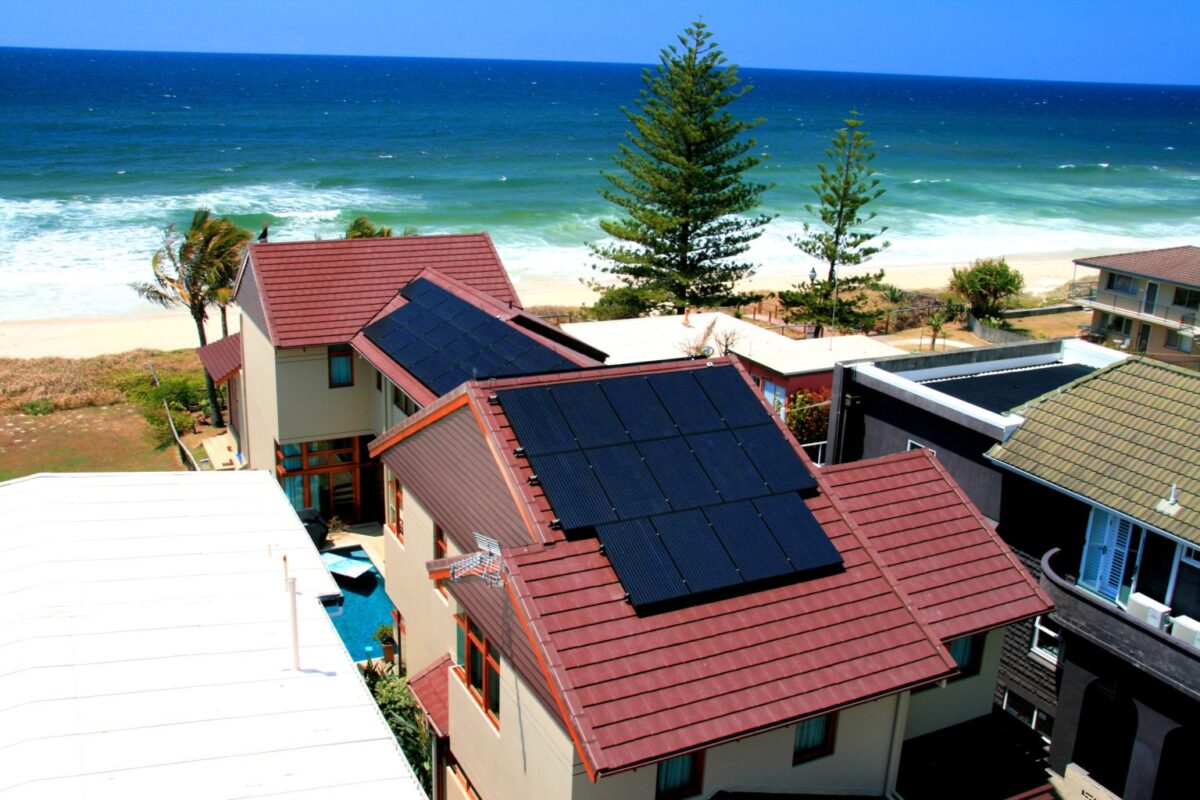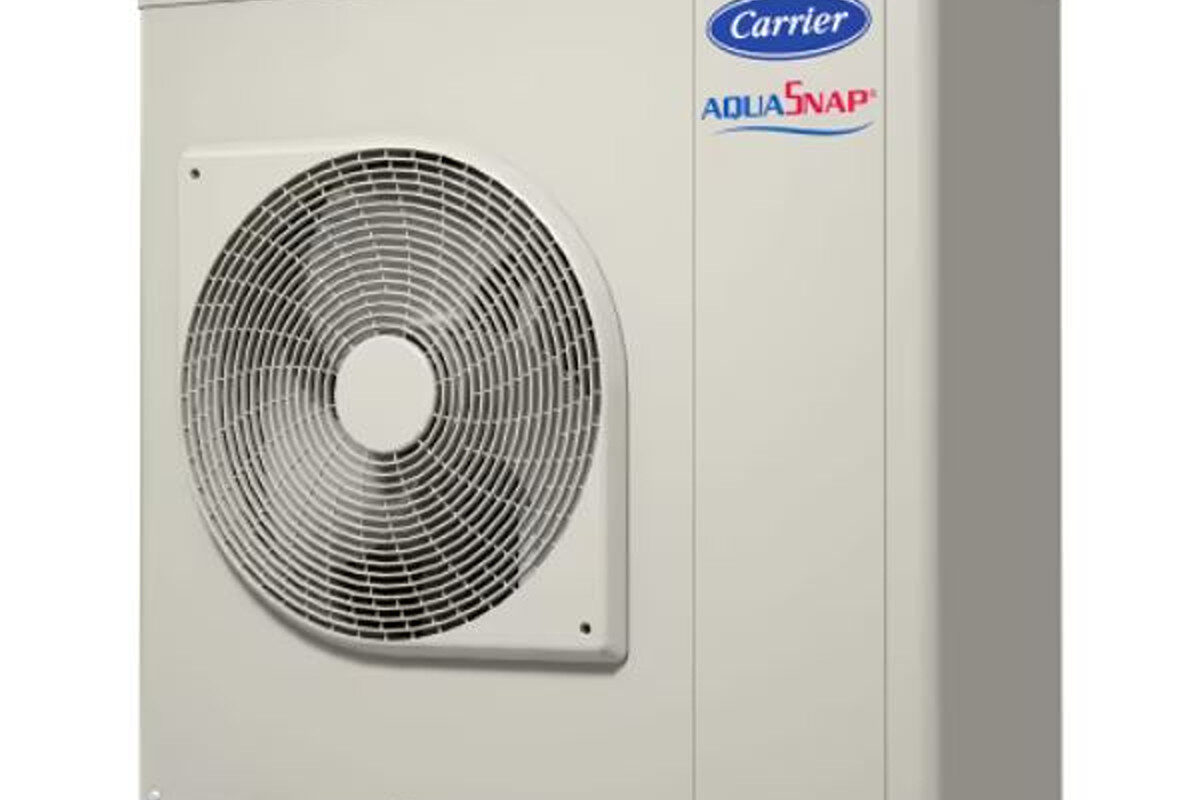One of the longest running solar brands is shutting up shop in Australia. Citing “record-breaking price drops and extreme market competition” a statement from Qcells notes that it is focusing its attention elsewhere.
The decision was not formally announced via press release, but trickled out through industry media reporting. For a solar manufacturer that is celebrating its 25th anniversary in 2024, such an exit from the Australian market is hardly befitting its long history in one of the world’s leading distributed generation energy marketplaces.
However, the sudden move does indicate the difficulties facing solar manufacturers in 2024 – with prices at record lows and a manufacturing downturn beginning to bite. It also speaks to the Australian marketplace’s particularly closeness to Chinese suppliers, with efficient supply chains through which low prices can be passed onto consumers.
Qcells itself has been consolidating manufacturing of late, closing an older PERC facility in South Korea in December 2023. On the flipside it has been expanding its manufacturing operations in the United States – adding 3.3 GW of ingot, wafer, and cell capacity, in Cartersville, Georgia, to its existing 5.1 GW of module capacity in Dalton, Georgia. The expansion upstream in the United States saw the investment of AUD 3.8 billion ($2.5 billion).
Qcells remains a leading supplier to the US market and is benefiting from generous incentives provided to domestic manufacturers under the Inflation Reduction Act. On Feb. 13, Qcells was the top-ranked modules supplier to the US marketplace, as assessed by SolarReviews.
The US solar marketplace remains affected by a web of duties and protectionist measures – some relating to credible accusations of forced labor in some parts of the solar supply chain in China. As a result, module pricing is reliably more than 25% higher in the United States than in tariff-free Australia.
While module pricing has been dynamic in recent months, prices as low as USD0.10/W have been reported in China, as manufacturers shed inventory – according to analysts S&P Global. For Qcells, with its most modern manufacturing facilities in Korea and the United States, such pricing would be challenging in the extreme.
“This market condition is combined with the uncertainty of long-term competitive product supply for Australia,” the Qcells statement provided to pv magazine Australia reads.
The company has indicated that it will take a “few months” to wind up operations in Australia and will “fulfil the responsibilities of services and supply to customers that we have promised.”
Qcells informed Solar Quotes that its modules and batteries will continue to be covered by its manufacturer warranties. After sales support will be provided by Australian company Zeco.
The decision to exit the Australian market would be disappointing for many longer-term industry participants – some of whom would remember Qcells from its days as the leading German manufacturer. Yet it clearly reflects the challenging market conditions for PV producers at present and Australia’s exposure to these market conditions.
For Qcells, its immediate future lies in the protected and supported US marketplace. In Europe, the company is investing heavily in building up its direct-to-consumer channels alongside its project development arm Qenergy. Australia’s cutthroat market, given these priorities, may have been a costly distraction.
This content is protected by copyright and may not be reused. If you want to cooperate with us and would like to reuse some of our content, please contact: editors@pv-magazine.com.




2 comments
By submitting this form you agree to pv magazine using your data for the purposes of publishing your comment.
Your personal data will only be disclosed or otherwise transmitted to third parties for the purposes of spam filtering or if this is necessary for technical maintenance of the website. Any other transfer to third parties will not take place unless this is justified on the basis of applicable data protection regulations or if pv magazine is legally obliged to do so.
You may revoke this consent at any time with effect for the future, in which case your personal data will be deleted immediately. Otherwise, your data will be deleted if pv magazine has processed your request or the purpose of data storage is fulfilled.
Further information on data privacy can be found in our Data Protection Policy.